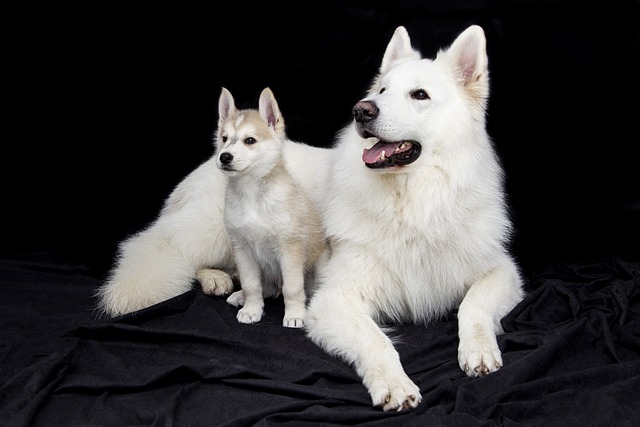
How can I tell if my dog's heatstroke is serious
Let’s be real: It’s a sticky August morning in Los Angeles, and you took your 2-year-old Golden Retriever, Max, for a walk a little later than usual
That unmistakable "doggie breath" hitting you when your Golden Retriever greets you after chewing their favorite plush toy isn’t just unpleasant—it’s often the first sign of plaque buildup threatening their health. While no food replaces brushing, certain options mechanically scrub teeth as your dog eats. Dental health directly impacts longevity: inflamed gums release bacteria into the bloodstream, straining vital organs. Start with veterinary insight—schedule an oral exam alongside Buddy’s legally required rabies vaccination (mandatory for licensing in states like California). Your vet can identify hidden issues and recommend tailored solutions.
Scientifically, effective dog dental chews leverage texture and shape. Look for VOHC (Veterinary Oral Health Council)-approved products with a springy, fibrous texture—think compressed rawhide alternatives or rubbery dental sticks. As your dog gnaws, these materials act like nature’s toothbrush, scraping plaque off premolars. Crunchy kibble designed for oral care has larger, asymmetrical pieces that force chewing action rather than gulping. Even raw, meaty bones like frozen beef knuckles (supervised!) provide abrasion. But avoid cooked bones—they splinter dangerously. Supplement with enzyme-infused water additives that break down biofilm between meals. Remember, these tools support—but don’t replace—professional cleanings.

Integrate teeth-cleaning foods thoughtfully. For breakfast, swap regular kibble for a dental formula. Post-dinner, offer a VOHC-approved chew—imagine your Lab happily grinding on a mint-scented dental stick while you relax. Pair this with positive reinforcement: when Buddy willingly surrenders the chew after 20 minutes (preventing choking), reward him with praise. Never punish resource guarding—instead, trade for a treat using force-free techniques. Apartment dwellers, choose low-odor chews and use placemats to catch crumbs, respecting shared spaces. Always supervise chewing to prevent accidents.
Responsible dental care extends to community habits. After Buddy enjoys his plaque-fighting treat, leash him for a potty break—carrying biodegradable bags is non-negotiable under laws like NYC’s "Pooper-Scooper" Act. Scoop immediately, especially in apartment courtyards. Choosing quiet hours for chewing prevents noise complaints in thin-walled buildings. If Buddy resists tooth-friendly foods, consult a fear-free trainer—never force items into his mouth, as this violates modern welfare standards. Seeing your dog proudly carry their dental bone, knowing you’re protecting their health while respecting neighbors, brings true peace of mind.
Track gum color monthly (healthy = bubblegum pink), prioritize vet cleanings, and remember: lasting results come from combining plaque-fighting dog foods, professional care, and consistent routines.

Let’s be real: It’s a sticky August morning in Los Angeles, and you took your 2-year-old Golden Retriever, Max, for a walk a little later than usual

You're enjoying a summer afternoon at the park when you notice your dog has stopped panting and appears disoriented - their gums are bright red

Let’s paint the picture: You’re in your Denver apartment, watching your 4-year-old Boston Terrier, Ruby, plop down mid-play session with her favorite toy

Many dog owners notice their pets nails seem shorter after regular walks,but how much does this daily activity actually help?The answer depends on where you walk—concrete sidewalks or asphalt streets gently file nails as a dog's paws hit the ground

Most dog owners notice their pup scooting across the carpet at some point, but few connect it to impacted anal glands. These small sacs near a dog’s rectum secrete a scent for marking territory

Most vets agree that regular dog teeth cleaning is key to avoiding painful dental issues later. For healthy adult dogs, a professional cleaning at the vet’s office every 12 to 18 months usually works well.